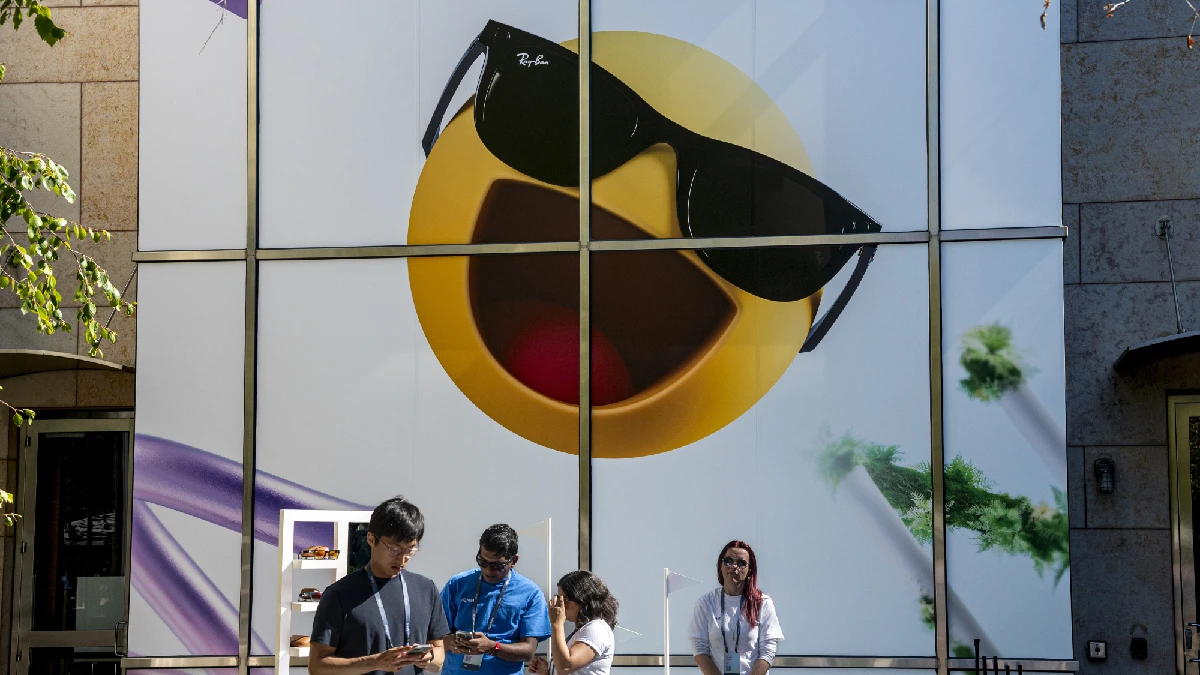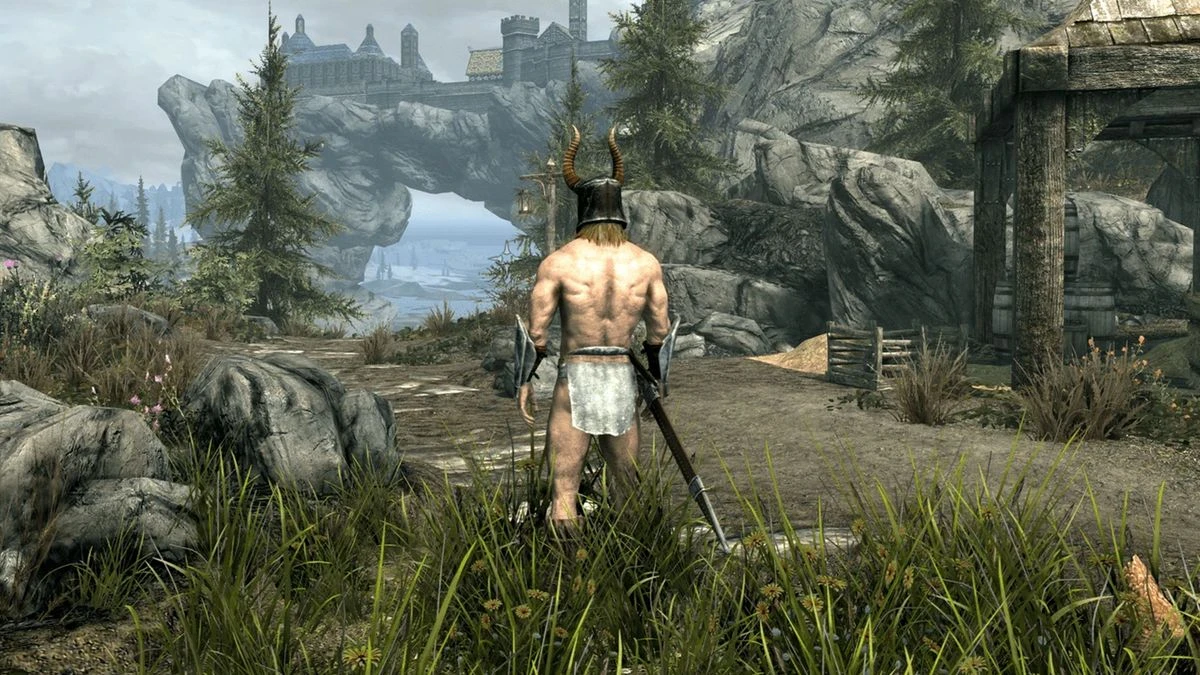According to reports, gaming is good for the workplace. Excuse me while I go 'do extensive training'
One of the biggest myths about gaming is that you spend your entire day playing games. If you're reviewing new releases, then yes, this is true. But otherwise, we spend most of our time staring at blinking cursors and spreadsheets.
There is good news, however. Several studies have shown that gaming can improve skills needed at work. We can all ask our bosses for some R&R time.
Harvard Business Review reports that tabletop games can encourage creativity, empathy, and teamwork while video games can improve cognitive skills and help manage stress. All of these things are things that gamers already know, but it is nice to have science to support them.
A study of 25 people who played eight one-hour D&D games found that they "demonstrated a significant decrease in depression, anxiety, and stress and a significant increase in self-esteem, and self-efficacy during the study period."
This is a small sample size. But how about the study published in Frontiers in Psychology, which found that D&D players showed significantly higher levels of extraversion, openness for experience, and emotional stability than 402 non-players.
These studies, and others like them, have led some to suggest that gaming at work may be beneficial. For example, Dr Jesse Olsen of Melbourne University argues that teamwork, creativity and flexibility found in D&D sessions are directly paralleled with the skills required in an effective workplace.
Not only are tabletop games included, but our beloved vidyas also get in on the action. Researchers found that in a review of 35 research studies assessing the effects of video games on emotional and cognitive training, they found that "findings provide evidence of benefits of training video games on emotional and cognitive skills for the healthy adult population and especially young adults."
It's not only about brain-training apps or educational games. The review concludes that "efficacy was demonstrated not only for commercial brain-training programs or non-commercial videogames, but also for commercial videogames."
So, a better teamwork, improved cognitive skills, increased empathy, and a significant increase in self-esteem are all positive outcomes? All of those things sound like the foundations of a healthy, happy, and productive workplace to me. Harvard Business Review suggests managers ask about gaming experience of potential hires, normalise gaming discussions in the workplace and lead by example.
Sounds good to me. If I could just convince my superiors to let me build my abomination-like facility in Satisfactory, that would be great. It would boost my overall health and my contribution to the team.
No? Then you'd better start working on the next article.




Comments